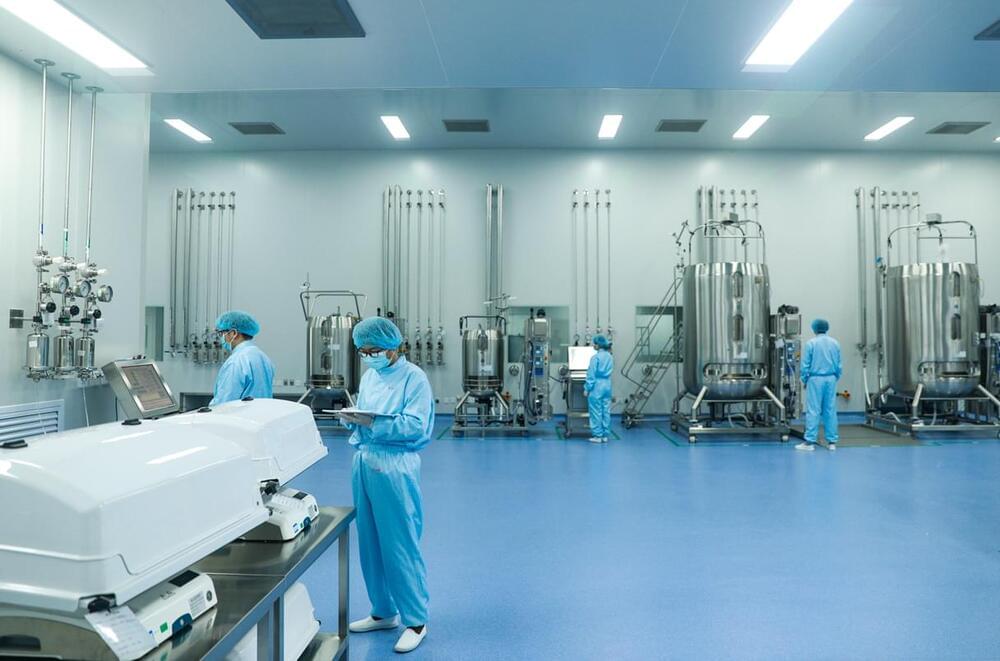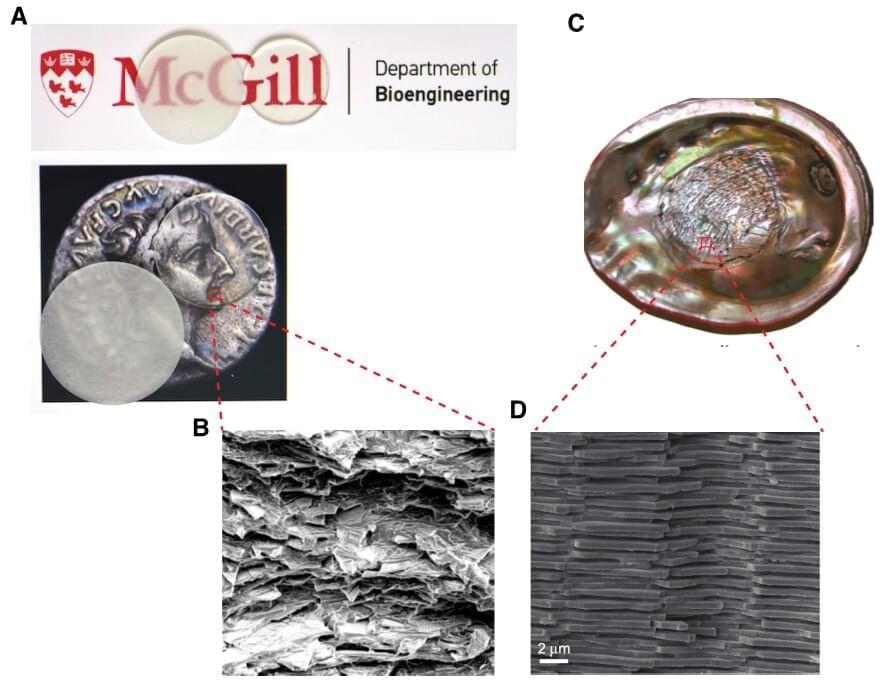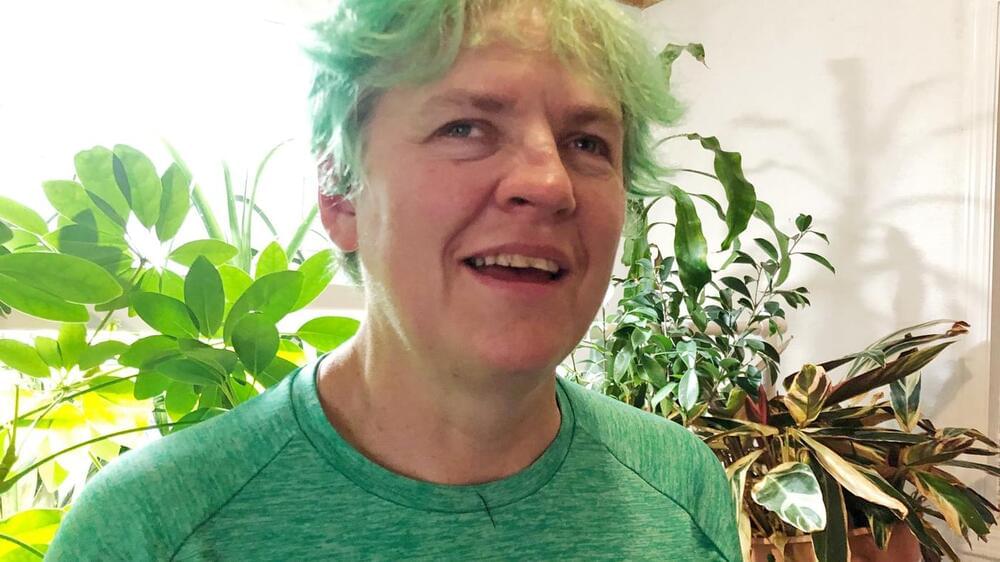Topological quantum computing is probably one of the most promising fields of the future which would greatly boost machine learning that already employs combined elements of cognitive, evolutionary and neuromorphic engineering. Post-singularity artificial superintelligence could have complete access to their own source code — a level of self-awareness presently beyond human capability. That would allow the post-singularity syntelligence to create myriad virtual worlds right out of its own superimagination. We can’t completely rule out a possibility that we’re part of that simulated reality right now. At the same time, we ourselves are moving towards the point of Theogenesis where we can rightly call ourselves cybergods.
#THEOGENESIS #CyberneticTheoryofMind #QuantumCosmology #ComputationalPhysics #posthumanism #cybernetics #theosophy #futurism
We are moving towards the point of Theogenesis – engineering our own godhood, self-divinization – where we can rightly call ourselves cybergods.






